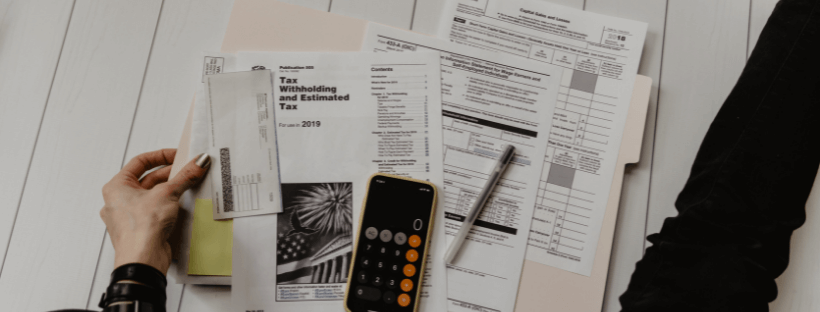Earlier this year in the Spring edition of ProActivity following the Chanellor’s budget we covered the tax updates and changes for the year ahead. Now a few months on we take a look at the most recent news, updates and things to be aware of for your business, whether a small owner-managed firm or a large corporate.
Updated guidance on the temporary extension to carry back of trading losses for Corporation Tax and Income Tax
HMRC’s guidance on the submission of extended loss relief carryback claims for companies has been amended. HMRC is now advising not to submit amended returns for the periods that the loss is carried back to. If amended via HMRC’s online portal, such returns will be rejected as HMRC’s systems will recognise them as being out of time.
Instead, HMRC advises making a claim for the accounting period of the loss which will be treated as an amendment to the earlier years to which the loss is carried back.
Guidance on SDLT ‘exceptional circumstances’ amended
HMRC has made a small change to its guidance covering the exceptional circumstances under which higher-rate stamp duty land tax may be refunded. The guidance states that if a previous home was not sold within three years of purchasing a new home, due to exceptional circumstances, then a refund claim may be possible.
Previously, exceptional circumstances included “the impact of coronavirus preventing the sale”. This text has now been updated to “the impact of government-imposed restrictions preventing the sale”. This will allow homeowners to apply for a refund of the higher rate of SDLT even if the previous home was not sold within the three-year time limit, where that period came to an end on or after 1 January 2020. The guidance also advises that once this reason has ended, the previous home must be sold as soon as practicable to be able to apply for the refund. The claim must include an explanation of why the taxpayer was unable to sell the previous home within three years. Decisions will be made by HMRC on a case-by-case basis.
More support for those moving goods temporarily out of Great Britain and Northern Ireland
HMRC has published information on how to minimise duty payments when moving goods temporarily into and out of Great Britain and Northern Ireland. HMRC has outlined what options are available to businesses that are moving goods temporarily either from Great Britain to Northern Ireland, from Northern Island to Great Britain or from Great Britain to the European Union.
HMRC has also updated existing guidance on reliefs on customs duty and VAT for goods reimported to Great Britain to provide information about goods exported from Northern Ireland and to add time limits for goods in the European Union on 31 December 2020. You can claim a relief to pay less Customs Duty and VAT if you re-import goods to the UK. The goods must be re-imported in an unaltered state, apart from any work that may have been carried out to maintain the goods in working order, the goods cannot have been upgraded to increase their value.
If you are impacted by any of the updates or changes mentioned above you can contact the expert accountants at Foxley Kingham for a free consultation call, where you can discuss your requirements and options in confidence.










